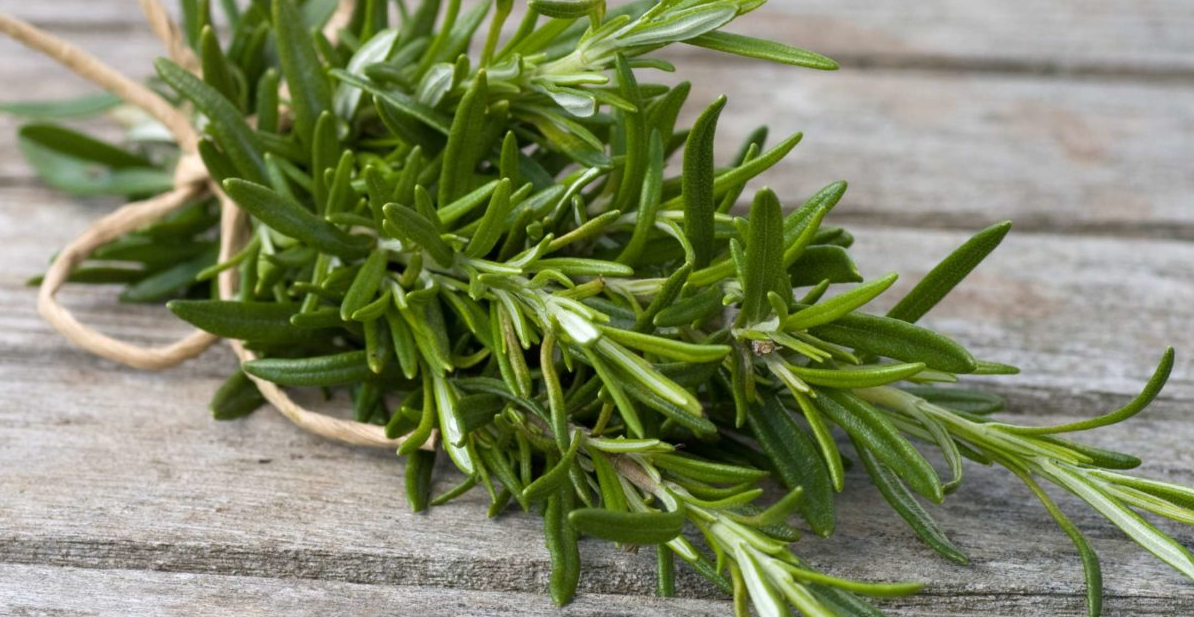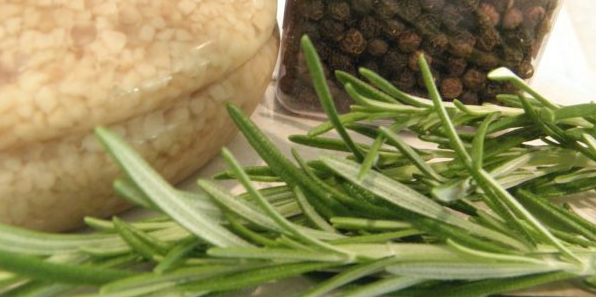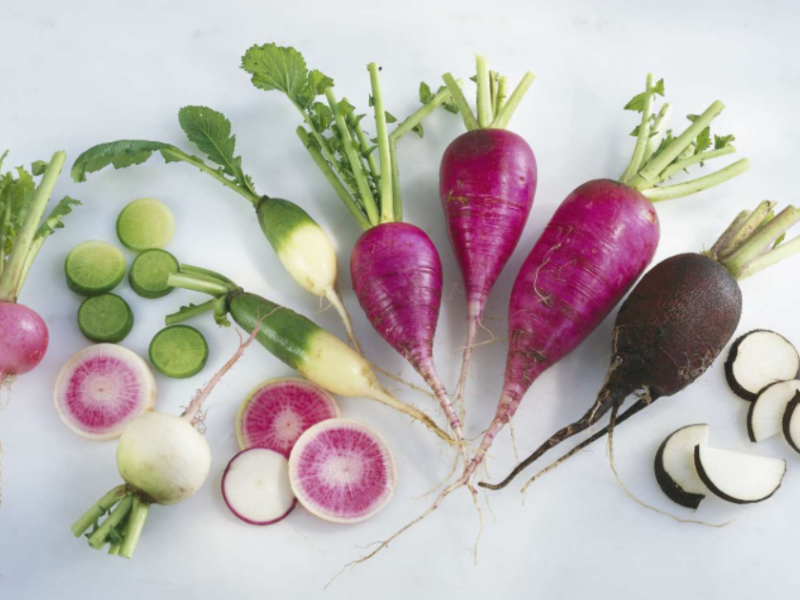Rosmarinus officinalis is an aromatic plant found in the Mediterranean, United States of America and Mexico. Rosemary is the best herb to have in the garden. Rosemary is one of the herbs noted for its abundance of phyto-nutrients, antioxidants and amino acids.
Rosemary is a strong antioxidant that increases blood flow to the brain and protects the brain against free radicals thereby reducing the risk of stroke and diseases such as Alzheimer’s disease.
This herb increases alertness and focus and contributes to memory related tasks that are more successful.
It is often believed that the rosemary strengthens the immune system, enhances circulation and enhances digestion.
Rosemary is also used for marinating beef, and it has a good purpose. It includes acids and substances that fight against bacteria and avoid the spoilage of meat, making cooked meat safer.
Rosemary leaves contain certain phyto-chemicals that play an important role in preventing disease development and maintaining good health.
Fresh leaves of the rosemary are a good source of vitamin C, an antioxidant. This vitamin is essential for collagen synthesis within the body. Collagen is the main structural protein required in the body to maintain the integrity of the blood vessels, skin, organs and bones. Regular intake of foods rich in vitamin C helps the body defend against scurvy, provides resistance to inflammatory agents (strengthens immunity), and helps the body accumulate toxic, inflammatory free radicals.
Rosemary contains quite a lot of vitamin A. Vitamin A possesses antioxidant properties and is important for good vision. Mucous membranes and skin safety do need to be preserved. Consuming foods rich in vitamin A protects the body against lung cancer and oral cavity.
Sections of the plant, especially the flowers, contain phenolic antioxidant rosemary acid, as well as numerous essential health-care oils such as: cineol, camphor, borneol, boronyl acetate, alpha-pinene etc. These compounds have a proven calming effect on irritations, as well as their anti-inflammatory, anti-allergic, anti-fungal, and antiseptic properties.
The herb is a great iron source. Iron, as a central component of hemoglobin, influences the capacity to deliver oxygen to the blood.
It is used as a medicine for the following diseases:
Anemia, heart and blood vessel disease, inflammation, colds, pneumonia, bronchitis, cough depression, fatigue, insomnia, headache, migraine, digestive and appetite issues, bloating and abdominal discomfort, rheumatism and arthritis, tight muscles, with skin and hair (declining and dandruff), liver and bile disorders, mouth diseases, certain cancers, nervousness, concentration and memory, cleanses the kidney.




